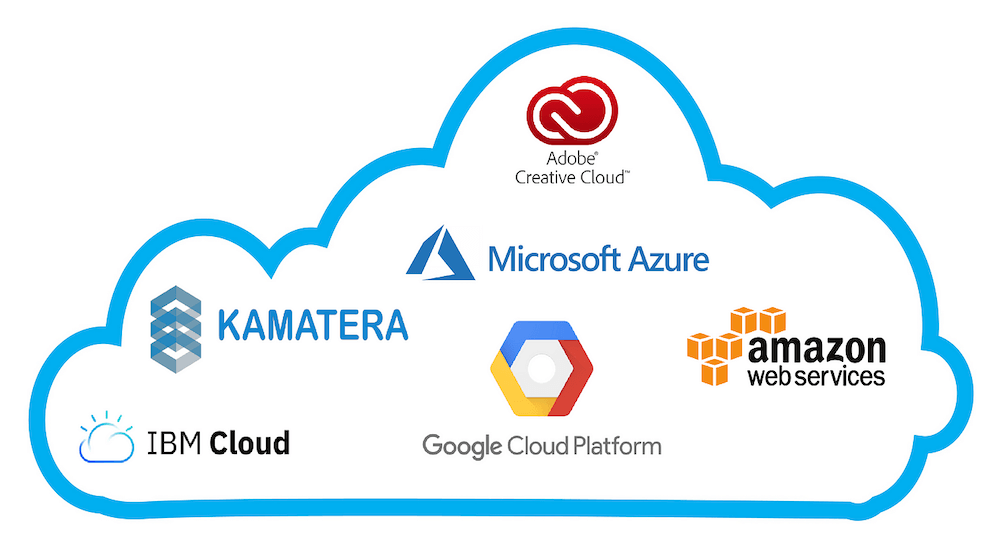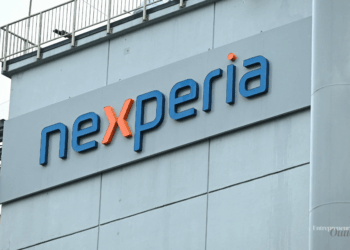A cloud service provider (CSP) is an IT company that delivers on-demand, scalable computing resources, including computing power, data storage, and applications, over the internet. This modern approach to computing is categorized into three primary service models: Infrastructure as a Service (IaaS), Platform as a Service (PaaS), and Software as a Service (SaaS).
The Benefits of Cloud Computing
- Cloud computing offers numerous advantages over traditional methods, primarily through its scalability, flexibility, and cost efficiency. Organizations can streamline their operations by leveraging the extensive resources available in the cloud, adapting to fluctuating workloads, and managing IT infrastructure more effectively.
- Infrastructure as a Service (IaaS): Provides virtualized computing resources over the internet. This model allows businesses to rent infrastructure such as servers, storage, and networking, offering flexibility and scalability without the need to invest in physical hardware.
- Platform as a Service (PaaS): Delivers a platform allowing customers to develop, run, and manage applications without dealing with the infrastructure. PaaS simplifies the development process, enabling quicker innovation and deployment.
- Software as a Service (SaaS): Offers software applications over the internet on a subscription basis. SaaS eliminates the need for installations and maintenance, providing users with easy access to software from any device with an internet connection.
Transforming Industries and Daily Life
As cloud computing continues to evolve, its profound impact on various industries and daily life becomes more apparent. It fosters improved collaboration, rapid innovation, and seamless integration of cutting-edge technologies. This evolution shapes the landscape of digital transformation, driving businesses towards more efficient and adaptive models of operation.






